A/Prof Wakefield accepted the award presented by the family of the late Harry McPaul (pictured below, with A/Prof Wakefield), at the CCNSW Research Evening in November 2015.
We would like to give sincere thanks to the wonderful McPaul family, whose significant bequest will contribute immensely to our cancer research. In commemoration of this generous donation, a plaque was erected in the Daffodil Garden (Eden Gardens), to honour the late Harry McPaul (below).
A/Prof Wakefield gave a poignant acceptance speech in which she detailed the research that the program grant will assist in achieving over the next five years. Foremost, A/Prof Wakefield specified that the grant will contribute to six paediatric and family-based intervention studies, aiming to relieve the physical and mental health late-effects that are a considerable burden to child and adult survivors of cancer, and their families.
Furthermore, the grant will enable the BSU to continue our work breaking down barriers to research implementation. This will be achieved by supporting our research through the crucial stages of development (T1), through to evaluation as randomised control trials (T2) and finally to implementation in the community (T3), with benefit to real-life patients and families. Each project is designed to engage rural, and culturally and linguistically diverse, families, by promoting accessibility, either online or by telephone, and being available in the language of each participants’ choice. Additionally, we will be conducting an economic audit of these studies, to assess the costs associated with running the programs in the long term, to ensure they continue to benefit consumers into the future.
Of our six research interventions, studies Compass and Re-connect are currently at the T1 development stage. Compass aims to support the needs of bereaved parents by developing educational resources and a nationwide peer support network for bereaved families. Re-connect will explore the social experiences of children who have survived a brain tumour, including difficulties with friendships and reaching social milestones. It will also, for the first time, explore the nexus of these difficulties and trial a new intervention to improve social skills in children who may require assistance.
At the T2 evaluation stage, we currently have two interventions, Re-engage and Reboot, targeting the health behaviours of childhood cancer survivors. Re-engage, a nurse-led online intervention, is specifically designed for adult survivors of childhood cancer who have disengaged with their health care and will aim to bridge the gap to accessible health care in this population. Reboot is a healthy lifestyle intervention, aiming to increase physical activity and healthy eating in children and adolescent cancer survivors to decrease their risk for metabolic disease later in life.
Finally at the T3 implementation stage are the BSU’s cornerstone online psycho-social interventions: Cascade and Recapture Life. Recapture Life is an intervention designed for adolescents and young adults during their cancer journey, aiming to improve quality of life and reduce the incidence of anxiety and depression. Cascade is an intervention developed to assist parents navigating the challenging return to “normal” after the cancer experience. Excitingly, these two programs are about to commence randomised patient preference trials in the real world!
To keep up to date with these studies, you can visit our research studies tab in the panel at the top of the page, and simply select a study from the dropdown box.
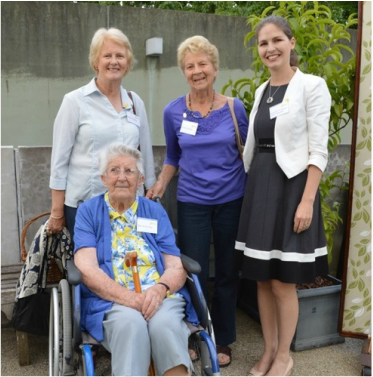
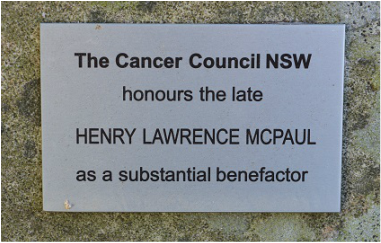
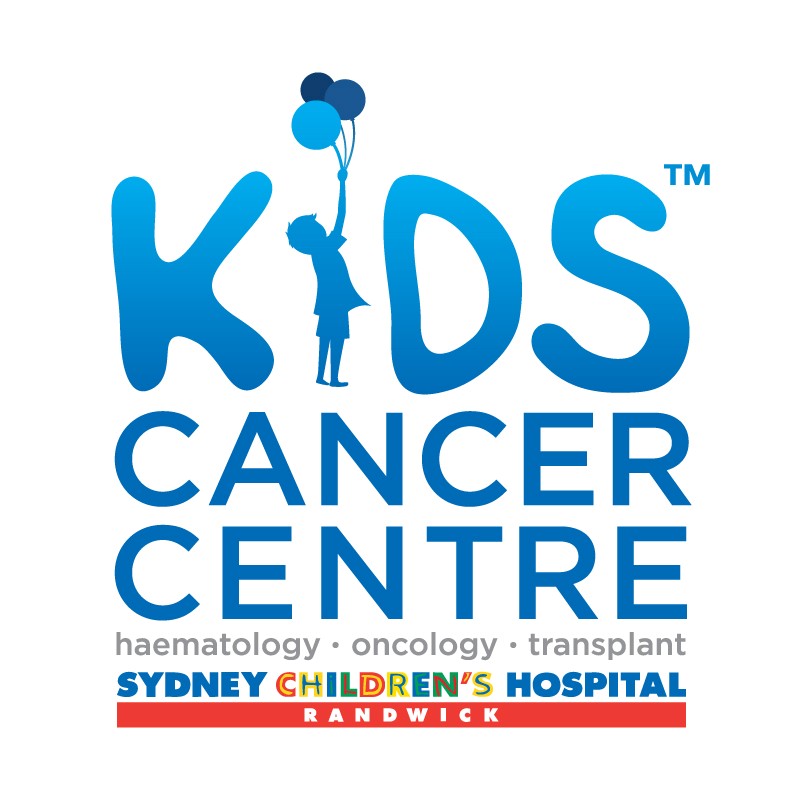
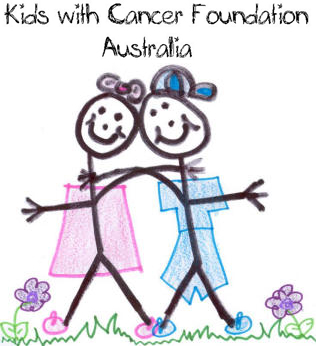
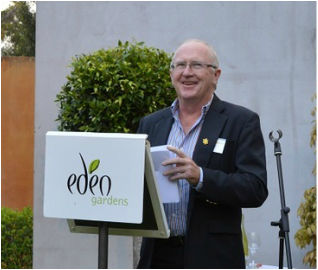
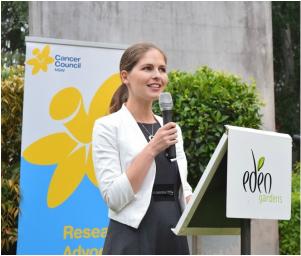
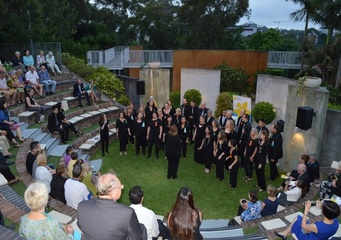
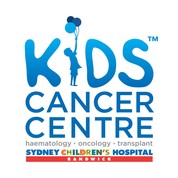
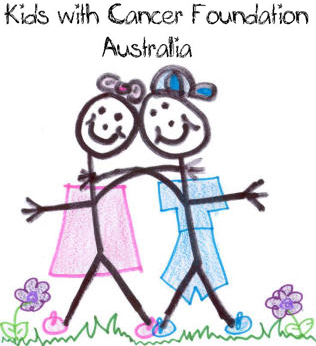
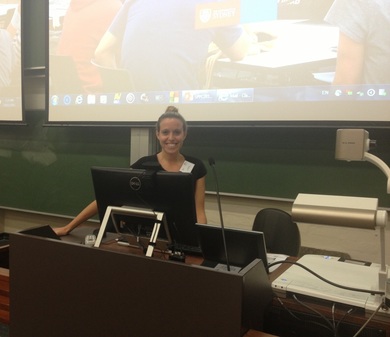
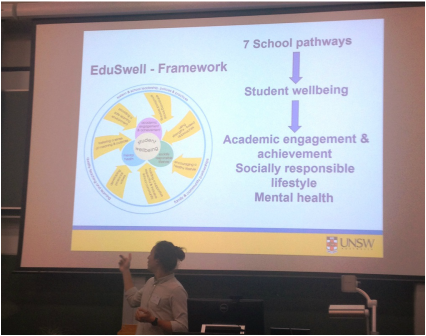
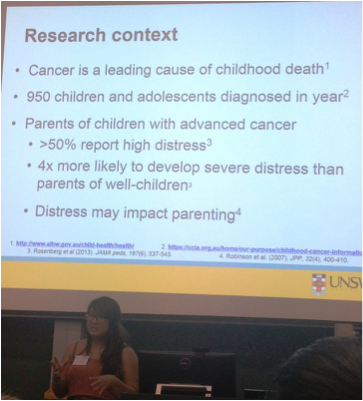
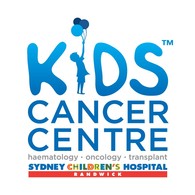
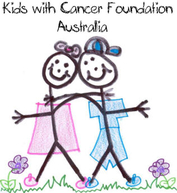
 RSS Feed
RSS Feed